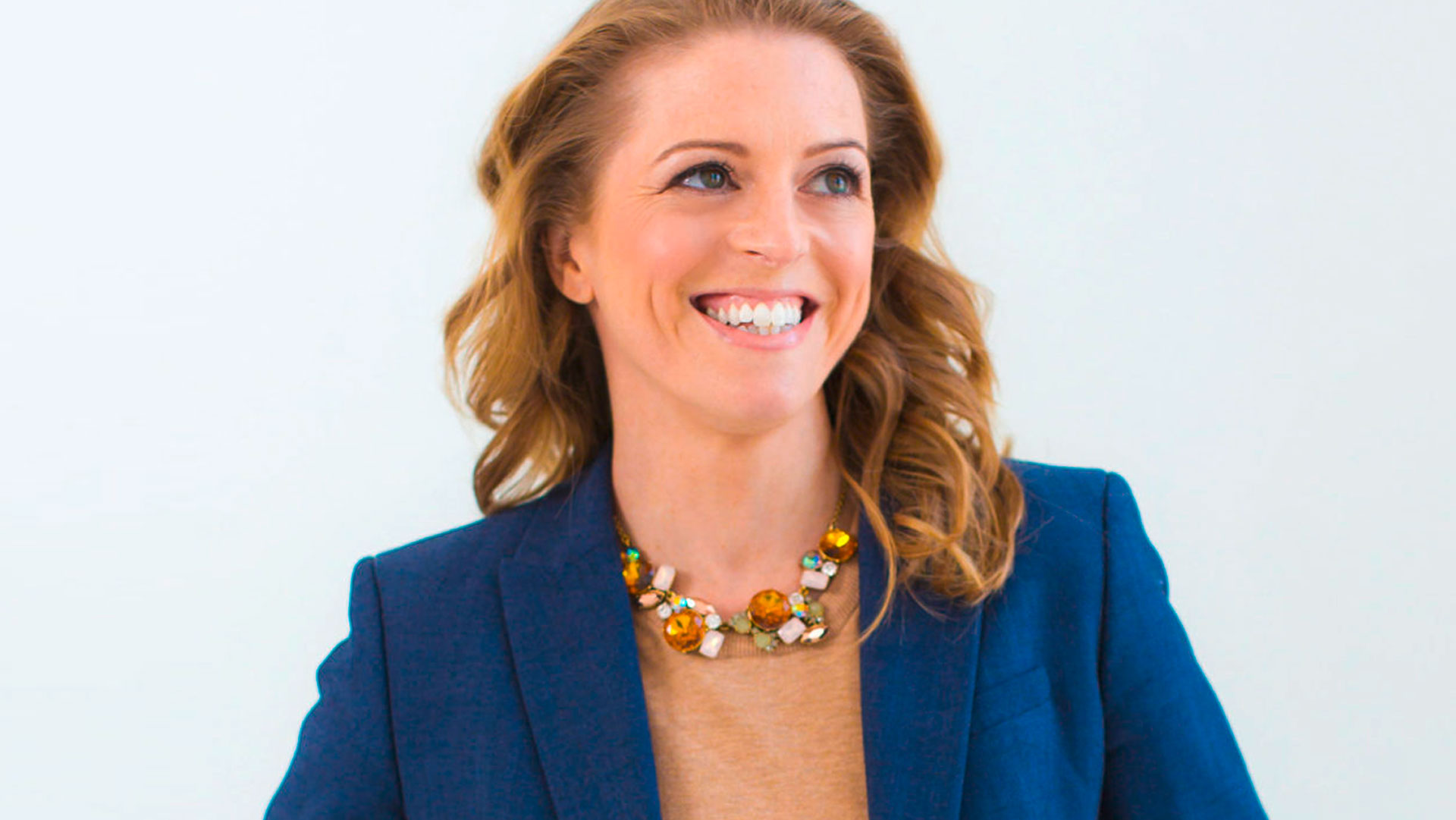“This is all really interesting, but not really that helpful because the reality is that our clients treat us like their bitches”
This was the comment that finally unlocked the real conversation that we needed to have. The comment was made just after the morning tea break at a workshop I was facilitating at a professional services organisation. It was the moment that one brave (and very weary) Account Manager felt safe enough to choose courage over comfort.
We had spent the morning talking about the importance of understanding our belief-systems and how our beliefs drive our behaviours. We had discussed the latest insights from the science of well-being talking about the importance of; movement, sleep, nutrition, connection, focus and giving. No one in the room was disputing the huge body of evidence that confirms that our wellbeing underpins our performance. The vitality of leaders and employees had been well covered …but what about their sanity?
Fortunately, when this comment finally cracked open the topic of sanity the CEO of the organisation was in the room. Even more fortunately the CEO was brave enough to have the conversation his leaders desperately wanted to have. It was a vital conversation about the sort of organisation they wanted to be. About how the CEO wanted his precious, smart and hard-working people to be treated. About whether their stated organisational values were really real. About how they defined success as an organisation. It was a conversation about the CEO’s need to step-up and make some tough decisions that ‘walked that talk’ of valuing the vitality and the sanity of his team.
In the work I do, the moment I have just described is the ‘Eureka moment’. It is the moment when the 1000 kg invisible sacred cow that has been stomping around in people’s heads while I facilitate finally emerges. It is the moment when the conversation shifts from polite surface-level conversation into performance-breakthrough territory. It is why I do what I do.
Sanity is “having soundness of judgement”. In her book Who Do We Choose to Be Margaret Wheatley said this about sane leadership:
“Sane leadership is the unshakeable faith in people’s capacity to be generous, creative and kind. It is the commitment to create the conditions for these capacities to blossom, protected from the external environment. It is the deep knowing that, even in the most dire circumstances, more becomes possible as people engage together with compassion and discernment, self-determining their way forward.”
Anyone who has spent any time working in an organisation knows there we often encounter situations that can cause us to lose trust in our own judgement. Through my own lived experience, and in my work as a coach, I know of many situations when people find themselves feeling slightly (or severely) unhinged. Over the 30 years I have spent working in various organisations it has become abundantly clear that in order for leaders to skilfully and intentionally create thriving cultures that sustain strong performance they must be willing to lean into the hard conversations about the things that threaten their people’s sanity.
The sanity-threatening-forces that exist in organisations are usually well-known but very rarely discussed. These forces might be referred to as “shadow values”, “social norms” or “unwritten ground-rules”. No leader or organisation is immune to these sanity-threatening-forces. It might be a moment when the Unwritten Ground Rules make it clear that the stated organisational values are actually BS. It might be a power-play that slows down (or stops) good work, demoralises people or pulls the rug out from the benefits of an investment in employee wellbeing. It might be butt-covering, silo-creating, back-stabbing or mask-wearing behaviours. It could be blatant or subtle forms of humiliation and intimidation inflicted by leaders protecting their power. Perhaps it is leaders who constantly say one thing and then do something totally different.
The approach I take to help cultivate sanity and vitality in the workplace is inspired by the work of Arianna Huffington, Brene Brown, Barbara Fedrickson and the emerging work of Ash Buchanan.
Through her book ‘Thrive’, Arianna Huffington taught us about the importance of embedding well-being at the core of our definition of success to move beyond the redundant and dangerous belief that SUCCESS = MONEY + POWER.
Brené Brown’s research has shown us what daring, whole-hearted leadership looks and feels like identifying sixteen specific fear-driven ‘armoured leadership’ behaviours that create suffering in the workplace.
Dr Barbara Fredrickson’s research and book “Love 2.0” has redefined love and placed it at the heart of great leadership. “Love is that micro-moment of warmth and connection that you share with another living being.”
Ash Buchanan’s work is illuminating our opportunity evolve beyond the individualistic concept of a ‘Growth Mindset’ to focus instead on the success of the collective through a ‘Benefit Mindset’. “In a Benefit Mindset, we not only seek to fulfil our potential, but choose to do it in a way that contributes to the wellbeing of others and society as a whole.”
All of these pioneers have helped me to trust in my path of service and have inspired me to write my first book Self-Fidelity available in late 2020. I feel honoured to play a role in supporting courageous leaders to create workplaces where people and performance can truly thrive.
Unlock your people’s potential today
Enter your details to stay up to date with the latest news events and program updates.






